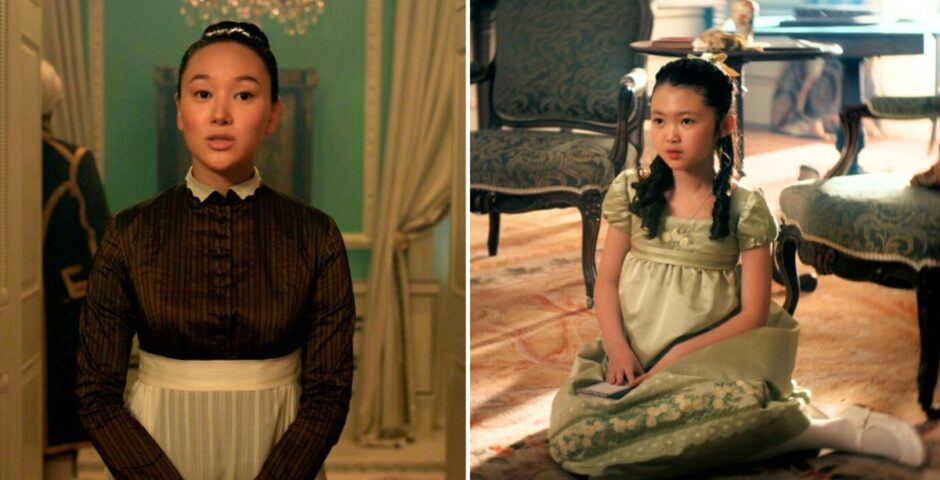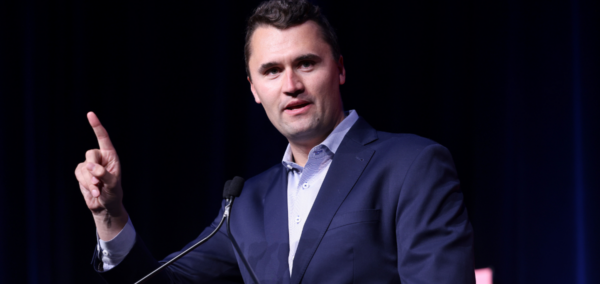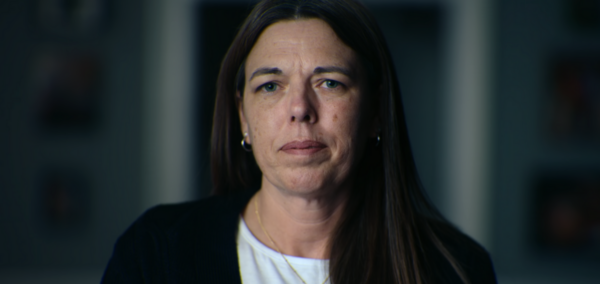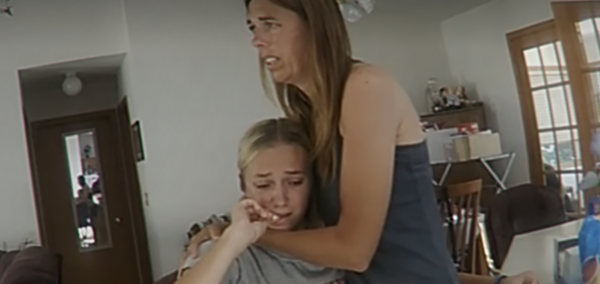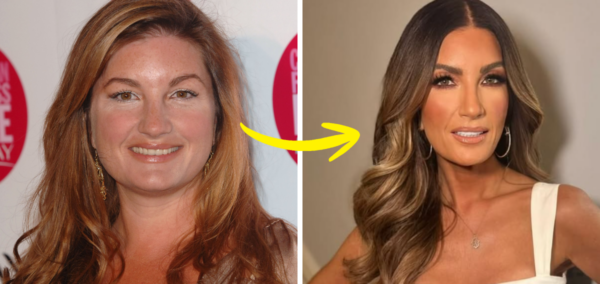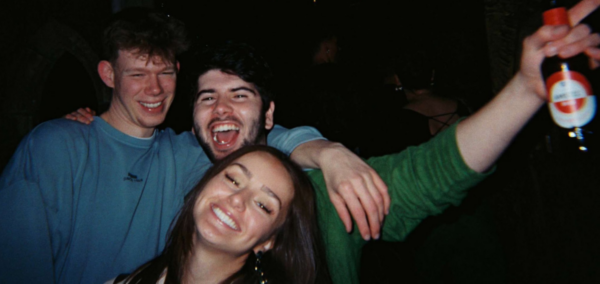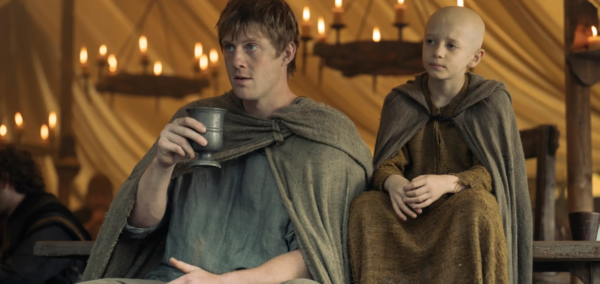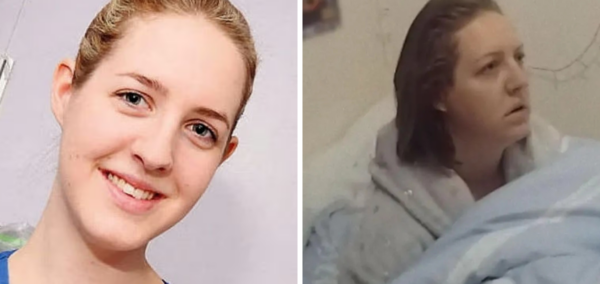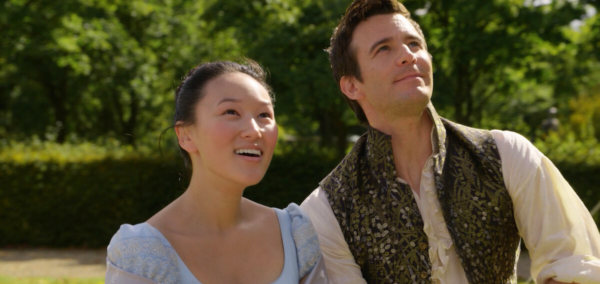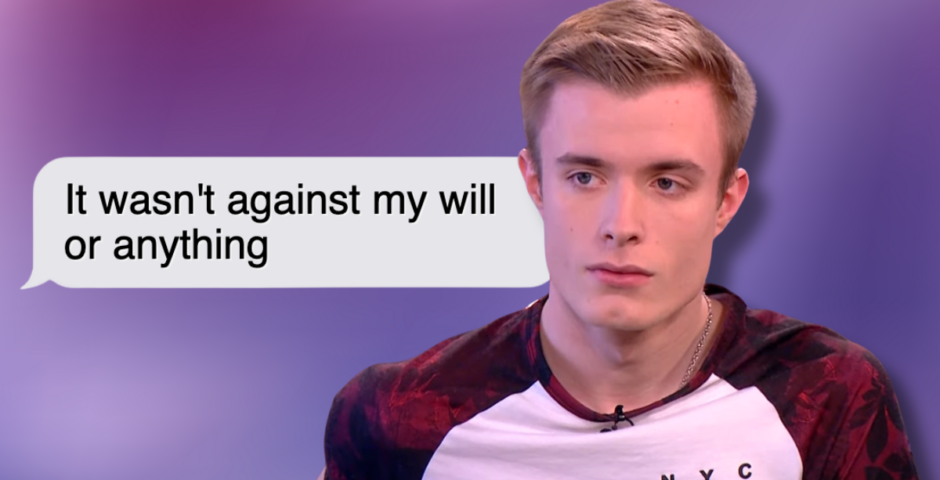
‘It wasn’t against my will’: How a rape case built over two years fell apart with a single text
Liam Allan was accused of six counts of rape by his ex-girlfriend, and now Netflix is airing a documentary about his case
In September 2015, Liam Allan started university. He was studying a criminology and criminal psychology degree, and was just like any other fresher. But now, when you Google Liam Allan you’re only met with stories about his rape case.
*CW: This article contains details surrounding the topic of rape and sexual assault.*
A few months into his course at Greenwich University, Liam was accused of rape. Then, over the course of two years, he was stuck in legal limbo. Accused of six rapes and one sexual assault by his ex-girlfriend, the case didn’t end until December 2017 when crucial text evidence proved his innocence.
Liam met his ex-girlfriend at a party through mutual friends. She was known in their friendship group for having a difficult home life. Liam said he knew about her issues at home, but tried his best to always support her and not palm off the problems to someone else.
At the time, he told his mum he was nervous about making the relationship sexual because he would be his girlfriend’s first. He said he wanted to “make sure it was important and special and every fear and worry was gone” before they had sex for the first time.
As their relationship progressed over the next 18 months, Liam is adamant that it was consensual at all times and at no point was there any indication that she ever felt distress or discomfort. Eventually, their relationship became strained. Liam felt like he was sacrificing too much and was left drained.
They ultimately broke up, when Liam broke off their relationship. He made a new group of friends and became engrossed in his degree. He thought nothing of his ex. She’d been upset when they broke up, but she hadn’t given him any cause for concern.
Most Read
But then on a January evening, as he was coming home from playing football, he was arrested. Police officers, acting on a complaint from his ex, waited in a parked car until he approached his mum’s house in Croydon.
The accusations took Liam by surprise. He was being accused of rape by a girl who he thought held no grudge against him. His accuser had told police that he had forced her hands behind her back, tied her to a bedpost and held a pillow over her face whilst having sex.
Although shocked at the accusations, Liam co-operated fully with police. He hadn’t been charged formally, and thought it would all be over in a couple of hours. In reality, it would go on for two years. Throughout, his family and friends never questioned his innocence.
Around February, Detective Mark Azariah, who Liam had been in regular contact with, told him that the case against him was weak and that in his report to prosecutors, he hadn’t recommended charges. Two hours later however, Liam got a call telling him he’d been charged with six counts of rape and one sexual assault.
For the next few months, Liam’s life became all about preparing for the trial. In July, his lawyers asked for full disclosure of texts obtained from his accuser’s phone. A month later, The Met said there were no “relevant downloads” and their request was denied.
In early December, the trial began. Liam was told by police that his accuser wouldn’t be present, but she appeared behind a screen to testify against him. Liam’s ex testified for 90 minutes on the first day of the trial. After she finished, Liam’s lawyer revealed the texts that would effectively end the case against him.
‘It wasn’t against my will or anything’
The night before, after police finally handed over the 58,000 texts recovered from the accuser’s phone, Liam’s barrister Julia had stayed up until 4am looking for what could help their case. After reading through 2500 sheets of paper, she found it.
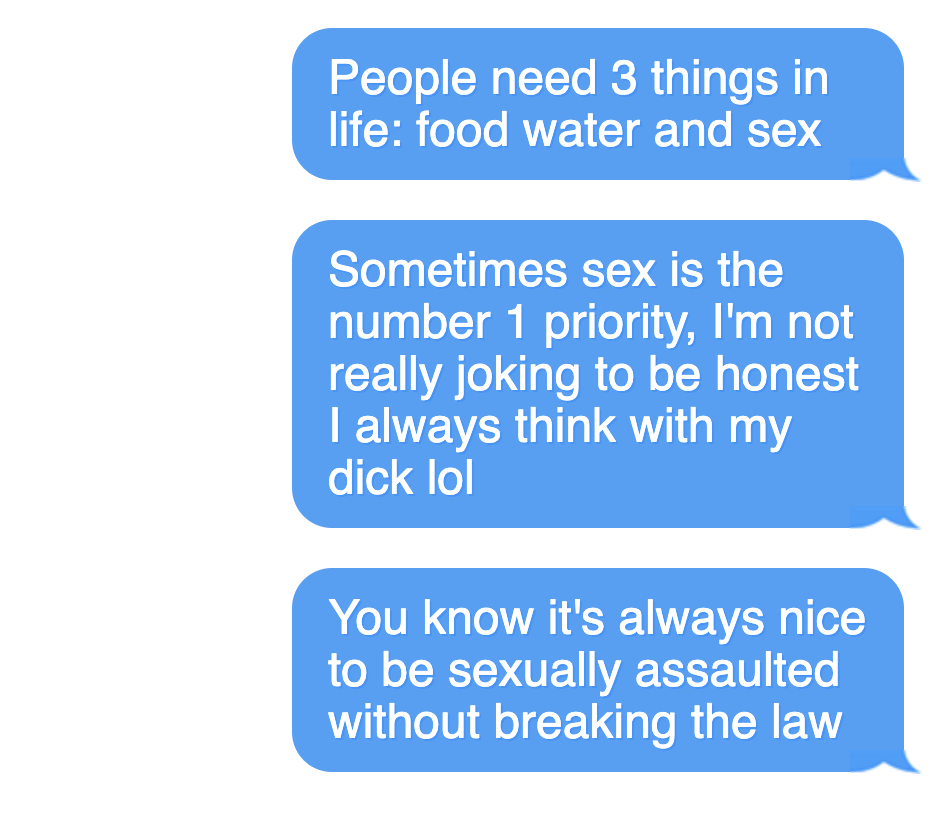
Messages sent from Liam’s accuser to a friend
On September 3rd, days after the alleged assault, Liam’s accuser had texted her friend about him. In the conversation, while discussing sex with Liam, she said: “It wasn’t against my will or anything.” After a second trawl, texts from the accuser to her friends were found, describing rape fantasies and desires to be choked during sex.
In other messages she had said it was “nice to be sexually assaulted without breaking the law”. One message sent to a male friend a month after her encounter with Liam said: “Well are you going to take me into the park and rape me? In the bushes”. In a further message she said sex was “essential” and questioned how people “go months” without it.
Then, the judge ordered a two week recess, and just before Christmas, Liam got the call to say the CPS was dropping his case. He told the Mail: “I was bracing myself for bad news because up until then it had all been bad news. For a second I was speechless and then I just started screaming the whole house down. And then everyone started coming round to the house to congratulate and hug me.”
Speaking since the case, Liam has previously said he doesn’t hold a grudge against his accuser. He still doesn’t know why she did it or whether she meant it to go that far, but he prefers to direct his anger towards the police.
In 2018, the police finally apologised. In a report the Met admitted officers didn’t look through all 57,000 texts available and that while there was no evidence of malicious intent, there was a serious error in the way it was handled.
A BBC documentary was made in 2020 about Liam’s, and other, cases. I Am Not A Rapist tells the stories of three young men falsely accused of rape, and the devastating consequences the allegations had on their lives. It has just been added to Netflix.
This story was originally published on The Tab in 2018, written by Josh Kaplan.




